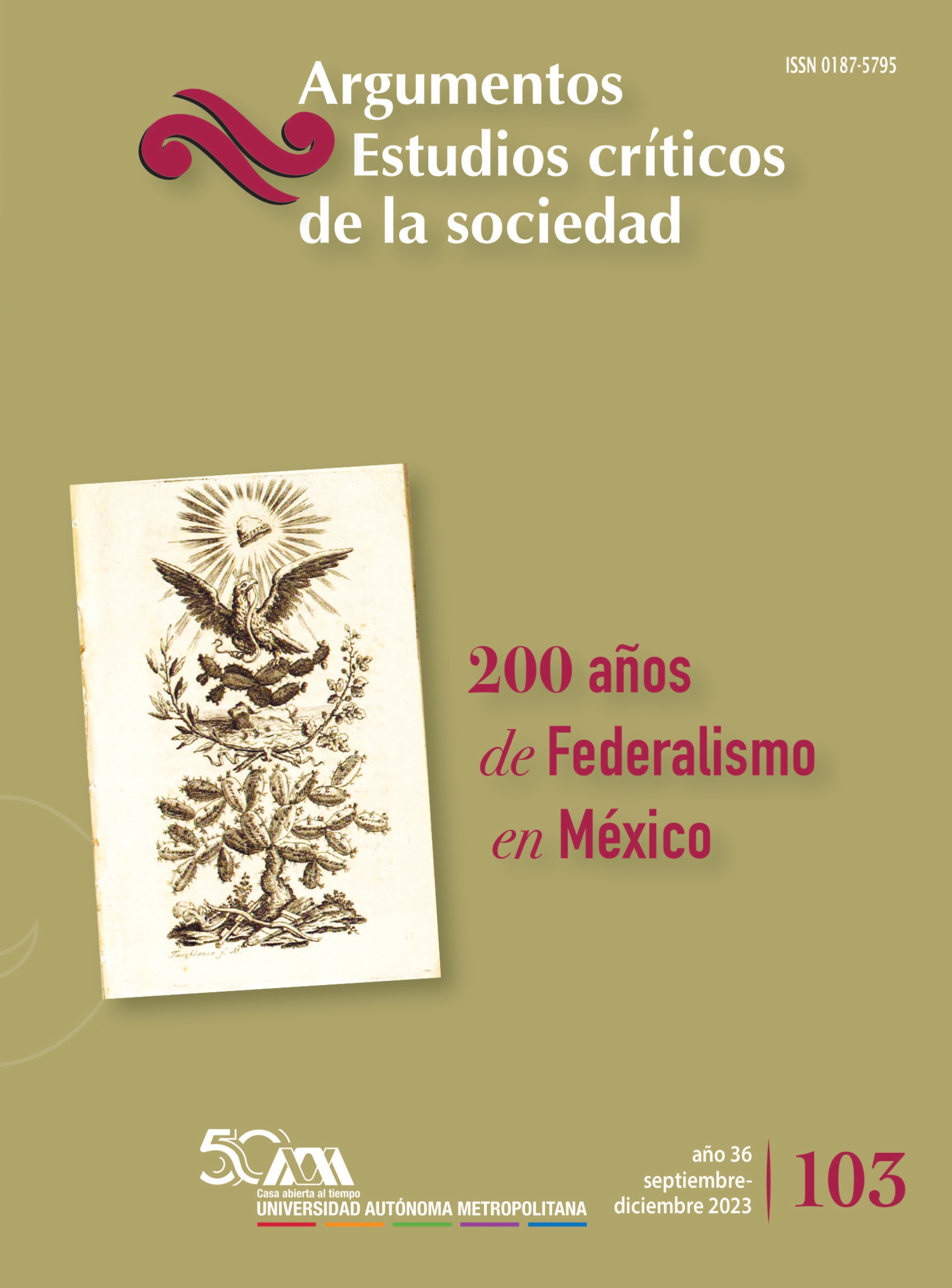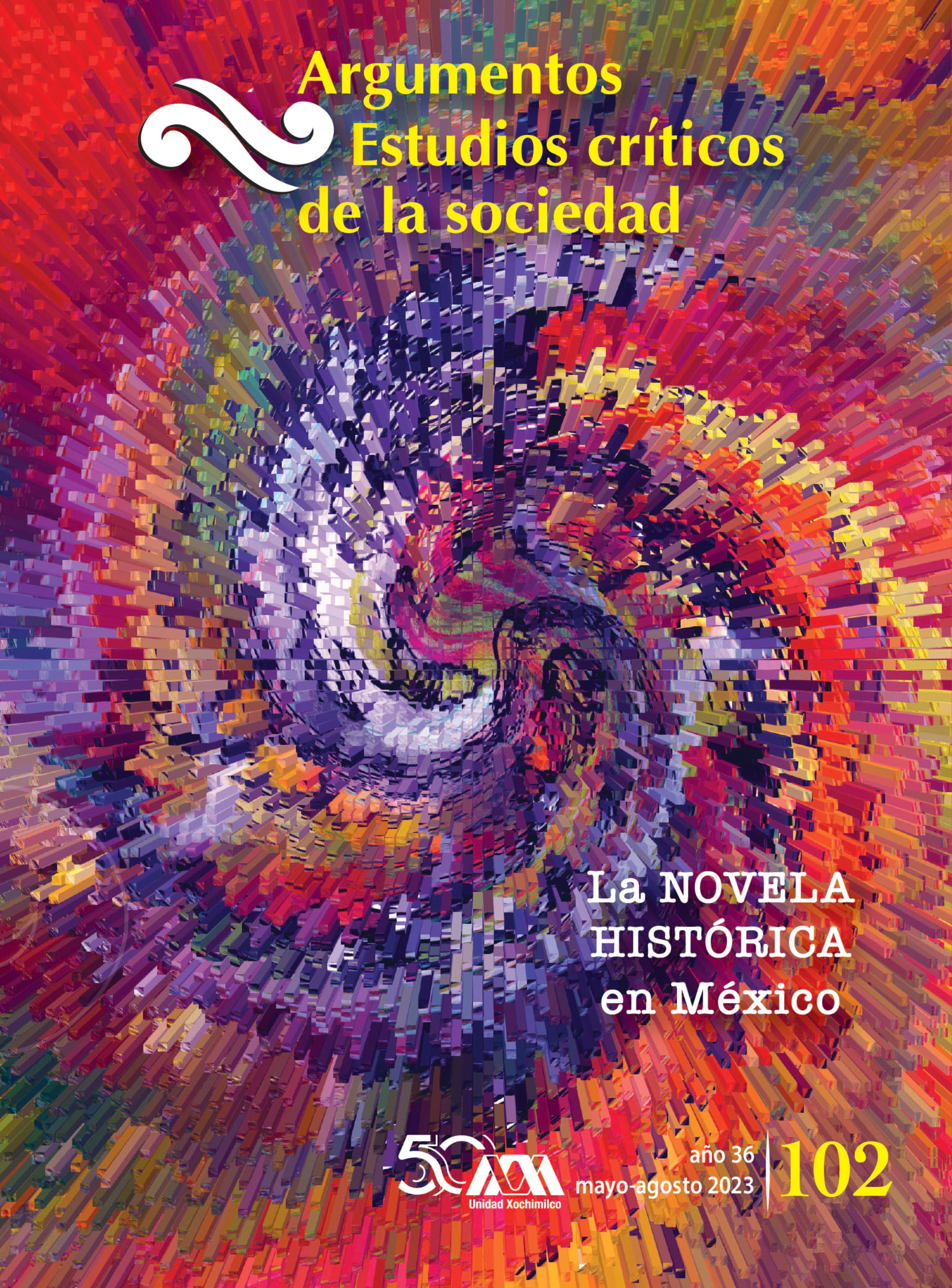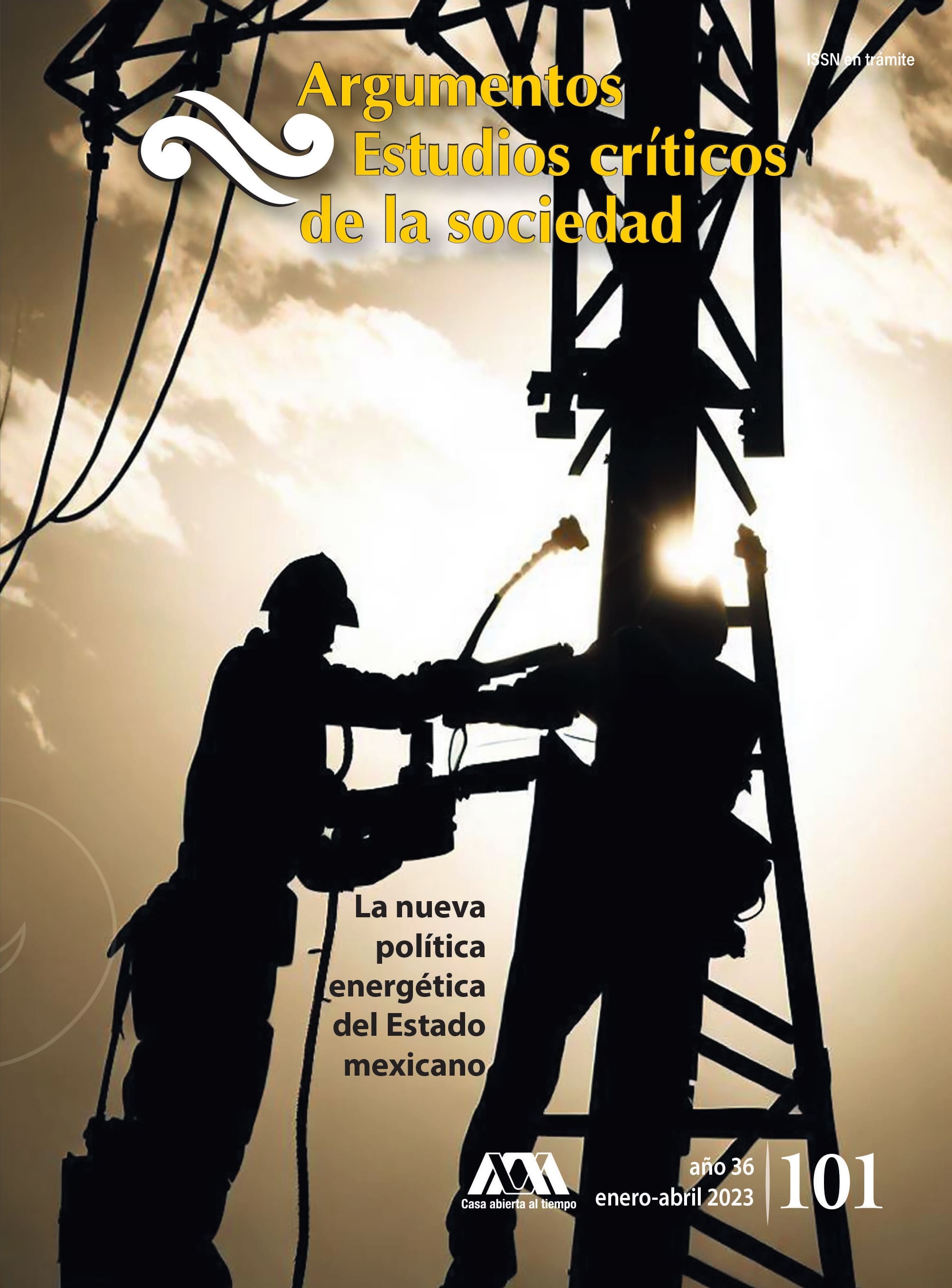Brasil: de la democracia racial al estatuto de la igualdad racial
Abstract
The Brazilian intellectuality, with scanty exceptions, refused to admit systematicly that in the country a problem of discrimination existed against blacks and Indians. It(he,she) predominated on the other hand over the conviction of which, unlike The United States, Brazil had integrated(repaid) harmonious the different races that compose the thickness of his(her,your) population: Portuguese, blacks and Indians. The Brazilian State admitted for the first time publicly newly in 1995, under the government of Fernando Enrique Cardoso, that the country was suffering a serious problem of racism. From there, supported by an abundant quantity of empirical information that demonstrate unequivocally the problem, Brazil has embarked firmly in the way of the affirmative policies. This article will analyze this radical transformation that goes from the conception of the country as a racial democracy, towards the Statute of the racial equality. The latter is a law already approved by unanimity in the Senate - the approval is absent still(yet) in deputies, that radically it(he,she) questions the previous historical conception and officially it(he,she) defines the affirmative policies to attack the racism.








